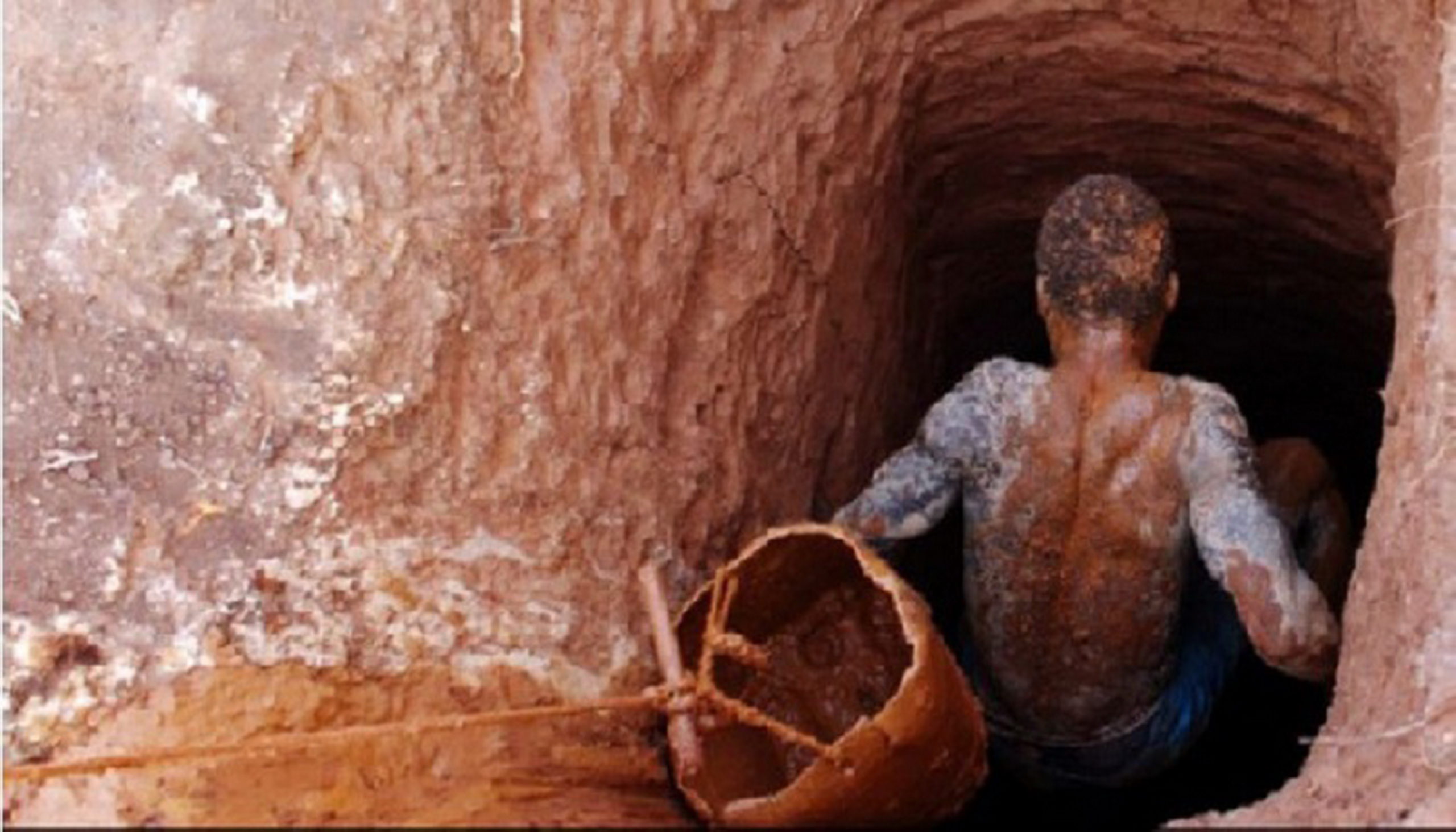
Mining in Ghana: A Comprehensive Overview of the Industry and Its Impact
Discover the history, methods, and environmental impact of mining in Ghana. Explore the role of gold mining, regulations, and the challenges faced by the sector.
Highlights:
- Mining Sector Overview: Learn about the types of minerals mined in Ghana and their economic significance.
- Environmental and Social Impact: Explore the effects of mining on the environment and local communities.
- Regulations and Challenges: Understand the challenges the mining industry faces and the efforts to regulate it effectively.
Mining in Ghana: A Comprehensive Overview of the Industry and Its Impact
Introduction
Mining has been a cornerstone of Ghana’s economy for centuries, particularly in the gold sector, which has earned the country the nickname "Gold Coast." With its rich deposits of gold, bauxite, manganese, and diamonds, Ghana’s mining industry has contributed significantly to the country's economic development. However, it has also posed challenges in terms of environmental impact, community relations, and regulatory enforcement. This expository essay provides an overview of mining in Ghana, exploring its history, economic role, environmental effects, and the regulatory framework that governs it.
Mining Sector Overview
Ghana’s mining industry is dominated by the extraction of gold, but the country also has deposits of other valuable minerals, including bauxite, manganese, and diamonds. Gold accounts for more than 90% of Ghana’s mineral exports and plays a crucial role in the economy, contributing about 5% to the country’s GDP. Ghana is currently one of the leading gold producers in Africa, second only to South Africa (Graphic Online).
Gold Mining: Ghana is famous for its gold deposits, and mining has been central to the country's economy since colonial times. Large-scale mining operations are primarily conducted by multinational companies, with Newmont, Gold Fields, and AngloGold Ashanti being some of the major players. These companies contribute significantly to government revenues through taxes, royalties, and corporate social responsibility initiatives (GBC Ghana Online).
Other Minerals: Beyond gold, Ghana’s bauxite reserves are essential for the aluminum industry, while manganese and diamond mining contribute to export revenues. The country’s growing aluminum industry, based on bauxite extraction, has the potential to diversify the mining sector further.
Environmental and Social Impact of Mining
Despite its economic benefits, mining in Ghana has led to significant environmental and social challenges. The unregulated nature of some mining activities, particularly illegal small-scale mining known as galamsey, has caused widespread environmental degradation.
Deforestation and Land Degradation: Mining, especially illegal galamsey, has resulted in the destruction of vast areas of forest, leading to loss of biodiversity and soil erosion. This degradation has long-term impacts on agriculture and water resources (Graphic Online).
Water Pollution: One of the most severe consequences of mining in Ghana is water pollution. Rivers and streams near mining areas, particularly in regions where galamsey is rampant, have become contaminated with mercury, cyanide, and other harmful chemicals used in gold extraction(GBC Ghana Online). This pollution poses significant health risks to local communities and disrupts aquatic ecosystems.
Community Relations: Mining often leads to conflicts between companies and local communities, particularly over land ownership, displacement, and resource management. Communities affected by mining frequently report loss of agricultural land, inadequate compensation, and environmental damage, which strains their livelihoods(Graphic Online).
Mining Regulations and Challenges
Ghana’s mining sector is regulated by the Minerals and Mining Act, 2006 (Act 703), which sets out the legal framework for mining activities. The Act provides for mineral rights, royalties, and regulations governing both large-scale and small-scale mining. However, the enforcement of these regulations remains a significant challenge, particularly when it comes to curbing illegal mining activities such as galamsey (Ghana National Association).
Efforts to Curb Illegal Mining: The Ghanaian government has made numerous efforts to address the galamsey crisis, including the deployment of military task forces to arrest illegal miners and seize their equipment. Despite these efforts, illegal mining continues to thrive, driven by economic desperation and weak enforcement(GBC Ghana Online)(Graphic Online).
Regulatory Challenges: Corruption and insufficient resources for monitoring and enforcement have hampered the effectiveness of mining regulations. Additionally, the complex land tenure system in Ghana, where traditional authorities often control large areas of land, complicates efforts to regulate mining activities(Ghana National Association).
Conclusion
Mining remains a vital part of Ghana’s economy, particularly the gold sector, which has brought significant foreign investment and revenue to the country. However, the environmental and social costs of mining, particularly illegal operations, pose serious challenges to sustainable development. Striking a balance between maximizing the economic benefits of mining while protecting the environment and local communities is crucial. Strengthening the regulatory framework and providing alternative livelihoods for those involved in illegal mining will be key to the future success of the industry in Ghana.
- Keywords: mining in Ghana, gold mining Ghana, mining regulations, Ghana mining history, environmental impact mining, Ghana natural resources, mining sector challenges.

